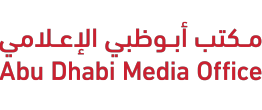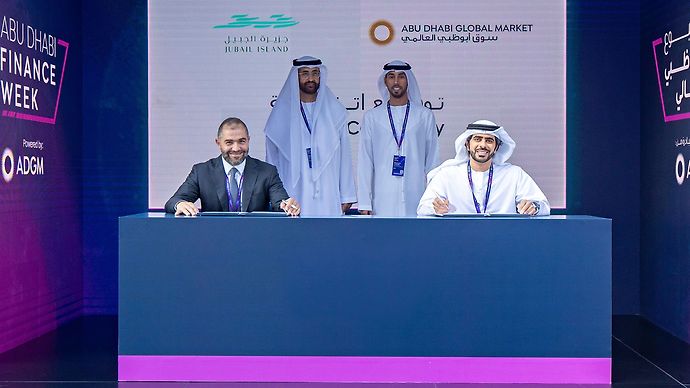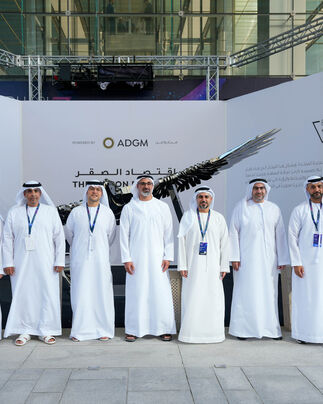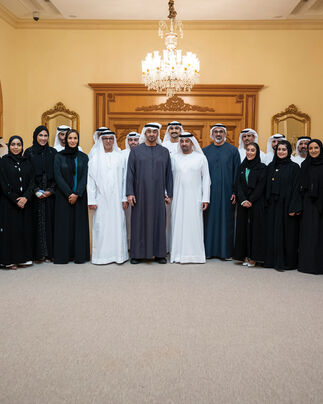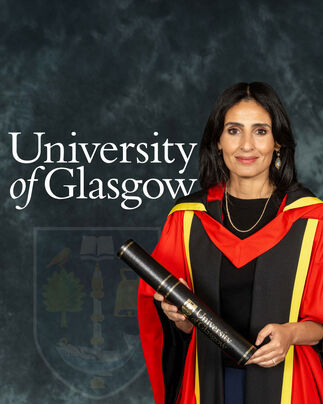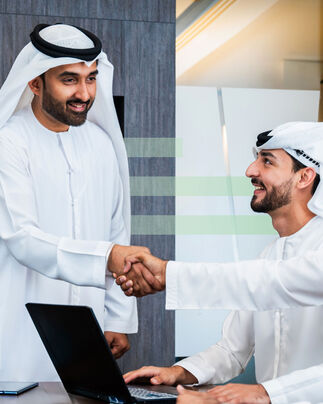The first-ever R.A.C.E (Regulation, Awareness, Collaboration, Ecosystem) sustainable finance summit was launched along with its theme partners Ma’an today during the Abu Dhabi Finance Week hosted by Abu Dhabi Global Market (ADGM), a leading international financial centre based in UAE’s capital emirate.
The conference focussed on addressing a wide range of topics including financing the net zero transition, climate regulation/frameworks and sustainable capital markets through keynote deliveries by prominent figures and panel discussions. The event also examined some of the key outcomes from COP27 that took place in Egypt earlier this month and outlined expectations for COP28 which is due to be hosted in UAE next year.
With global corporations, governments, and nations increasingly responding to the need of the hour, environmental, social and governance policies are high on the agenda. In line with growing international and national initiatives, ADGM has placed ESG at the forefront of its strategy with sustainable finance playing a key role in achieving the objectives that aim at preserving the UAE’s economy and environment for future generations.
Against this context, it is worth noting that ADFW is a carbon-neutral event and platform. ADGM is collaborating with AirCarbon Exchange (ACX) to obtain its carbon neutrality status through an offsetting programme. This is done by purchasing carbon credits from a project that works to reduce or absorb carbon emissions.
The R.A.C.E summit witnessed exemplary initiatives at the level of Carbon exchange with the signing of a Memorandum of Understanding between Al Jubail Island and ADGM. Committed to offsetting its carbon emissions, ADGM has pledged to plant 15,000 mangrove trees, thereby contributing towards Al Jubail Island’s objective of planting 1 million new mangroves on the island. This initiative is in line with the UAE’s national agenda to plant 100 million mangrove trees by 2030 and is part of Jubail Island’s plan to plant one million mangrove trees within the next 10 years, whereby Jubail has concluded a number of partnerships with companies and government entities in the capital.
Commenting on the partnership, Mahmoud Dandashly, Chief Business Officer at Jubail Island, said: “We are proud to welcome ADGM in our journey towards providing a sustainable future for all. This collaboration will support Jubail Island’s mission in creating sustainable communities in the heart of Abu Dhabi through a series of educational and social initiatives. The support we have received from our various partners since announcing our commitment to increasing the capital’s green urban space has shown that all of our different sectors and business activities, have one shared goal; that is creating a positive impact in our community. With the support of our partners, and under the direction of our leadership, we are committed to solidifying Abu Dhabi’s position as an eco-friendly destination.”
Reinforcing its ongoing commitment and dedication to sustainability and sustainable finance, ADGM has launched several initiatives over the years, among which is the Abu Dhabi Sustainable Finance Declaration. With new signatories joining hands year-on-year, driven by a vision and motive to jointly bolster UAE’s sustainable footprint and economy, the Declaration currently stands at 80 prominent signatories like the Central Bank of UAE, MOCCAE, ADDED, and Mubadala among others.
His Excellency Younis Haji Al Khoori, Undersecretary of Ministry of Finance, said “The Ministry of Finance is keen to take an active role in enabling the UAE’s various national strategies aimed at building an effective sustainable finance model and boosting long-term financial sustainability. Accordingly, the Ministry of Finance is a leading member of the UAE Sustainable Finance Working Group (SFWG), which has been established to support the development of sustainable finance in the UAE and facilitate regulatory cooperation amongst the UAE regulators. The Ministry of Finance is also working with the G20 counterparts to advance the work on the G20 Sustainable Finance Roadmap.”
His Excellency also stated that the UAE plays a major role worldwide in combating climate change, and the country will invest approximately AED 600bn into clean and renewable energy by 2050, to ensure balance between economic needs and environmental goals. His Excellency also mentioned that the UAE is actively promoting investments into CO2 emission reductions and supporting efforts towards achieving a net-zero economy, while leveraging the positive effects of the relatively higher prices globally to strengthen future readiness and reap the economic benefits of the green transition.
Moreover, The Sustainable Fintech Alliance, a core working group of the MENA Fintech Association (MFTA), launched the ‘Sustainability Fintech Report’ today during ADFW. The report highlights how imperative it is that Fintechs are encouraged to institutionalize sustainable principles as early as possible in their journey, providing practical examples on how to do that, thus inspiring others to do the same. It also focuses on the positive impact of ESG on brand value and P&L and includes members’ contributions to the Sustainable Fintech Leadership Programme.
Given the importance of ESG across the globe, ADGM Academy, the knowledge arm of ADGM, is committed to contributing to the economic development of the UAE by providing qualifications that improve the quality of life of the workforce and their families as well as of the local community and society at large. ADGMA, through their partner LIBF, is offering the ESG programme to different levels of professional groups to foster the economic development of the UAE.
Emmanuel Givanakis, CEO of the Financial Services Regulatory Authority at ADGM said, “At ADGM, we see our role as not only a centre of finance, but as a key participant in the transition to net zero by 2050, by creating both the environment and regulatory platform in sustainable finance that will support public and private sectors as they endeavour to close the green financing gap. It will importantly facilitate issuers and investment vehicles to raise capital to finance projects and activities that will expedite the transition to net zero, and provide investors the ability to allocate capital to those products and services which a robust regulatory framework provides, including trust in the green credentials of those projects.”
